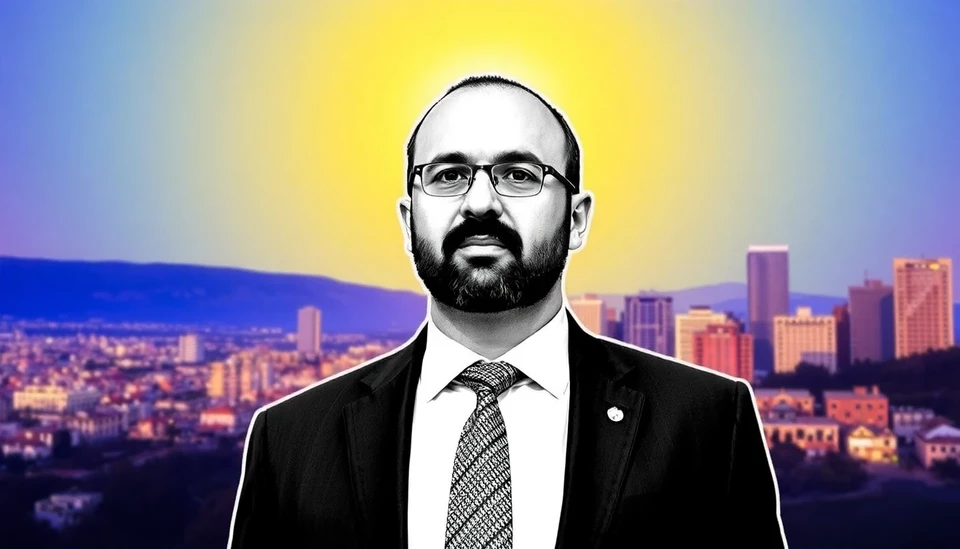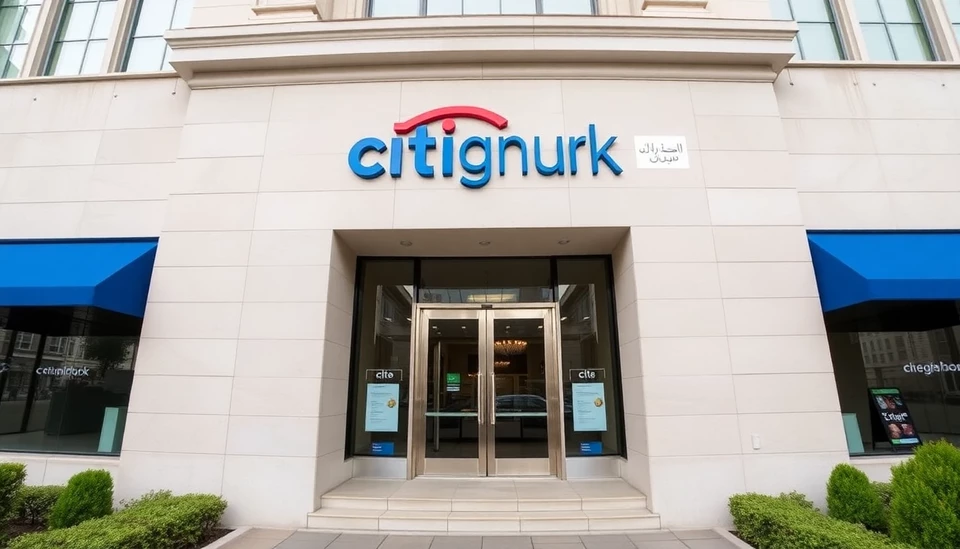
In a transformative move to address its crippling financial crisis, the Lebanese government has pledged to fully restore the funds of depositors, a promise that marks a significant step towards unlocking crucial reforms and attracting International Monetary Fund (IMF) assistance. This announcement comes during a period of intense economic struggle for Lebanon, where inflation has soared and public trust in the banking system has dwindled.
Officials revealed that the initiative is part of a broader strategy to stabilize the country’s fragile economy and rebuild the financial sector, which has been devastated by years of mismanagement, corruption, and political instability. The government’s commitment aims not only to reassure depositors but also to signal to international organizations that Lebanon is taking serious steps toward fiscal responsibility and reform.
As part of this promise, the government has outlined a multi-step plan that includes restructuring the banking sector and implementing measures aimed at restoring the value of the Lebanese pound, which has plummeted in recent years. The aim is to create a sustainable economic environment that encourages investment and stimulates growth.
Officials reiterated that making depositors whole is a priority. Many Lebanese citizens have found their savings frozen or diminished due to the ongoing banking crisis, leading to widespread dissatisfaction and protests. The government recognizes that restoring confidence in the banking system is essential for the recovery of the economy.
The commitment to protecting depositors is seen as a necessary precursor to unlocking additional funding from the IMF. The IMF has previously indicated that financial support for Lebanon is dependent on the government's ability to implement essential reforms that would lead to transparency and accountability in fiscal management.
This news has elicited a mixed response from the populace. While some view it as a hopeful sign that the government is starting to take the crisis seriously, skepticism remains rampant. Citizens are eager to see concrete actions rather than just promises and are calling for assurance on how the government plans to manage the transition back to a stable financial future.
The path ahead is laden with challenges. Analysts suggest that it will require concerted efforts from the government backed by significant international monetary support, and most importantly, a commitment to reform that rises above existing political divides. Only through stringent policy changes and a unified approach can Lebanon hope to restore stability and regain the faith of its people.
The political landscape remains uncertain, and with upcoming elections and ongoing protests, the government must navigate these complexities while maintaining focus on economic recovery. As Lebanon strives to reintegrate into the global financial community, its success will heavily depend on the execution of this new promise to its depositors.
In summary, Lebanon's vow to restore depositor confidence is a critical task that seeks to pave the way for much-needed reforms and, subsequently, IMF support. The focus now shifts to the implementation of this assurance and the steps the government will take to regain trust in both the financial and political spheres.
For those following the developments in Lebanon’s financial crisis, this situation remains a dynamic and evolving story that could significantly affect regional stability and economic recovery in the months to come.
#Lebanon #IMF #FinancialCrisis #EconomicReform #DepositProtection #LebanonBanking #FiscalResponsibility #Investment #Stability #MiddleEast
Author: Laura Mitchell




